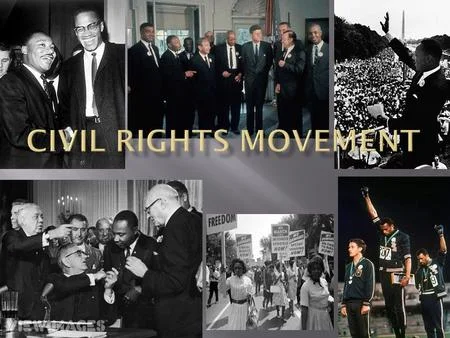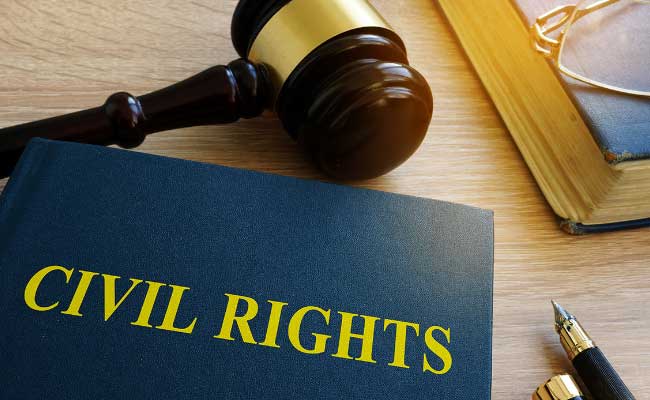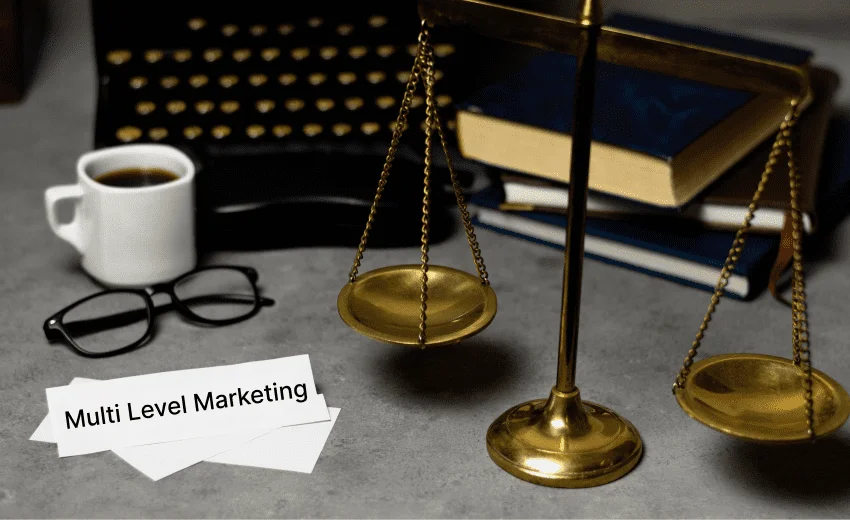Civil Rights Law: Civil rights law is a fundamental aspect of the legal system that aims to protect the rights and freedoms of individuals from discrimination based on certain protected characteristics such as race, gender, religion, national origin, and more. The Civil Rights Act of 1964 is a landmark piece of legislation that established key provisions and protections for individuals in the United States. Since then, civil rights laws have continued to evolve and expand, playing a crucial role in ensuring equal protection and freedom for all.
History of Civil Rights Law:

The history of civil rights law in the United States can be traced back to the 14th Amendment to the U.S. Constitution, which states that no state shall “deny to any person within its jurisdiction the equal protection of the laws.” However, it wasn’t until the mid-20th century that significant strides were made in enacting federal laws to protect civil rights.
The Civil Rights Act of 1964 was a landmark piece of legislation that prohibited discrimination based on race, color, religion, sex, or national origin. It also established the Equal Employment Opportunity Commission (EEOC) to investigate and enforce violations of the law. The Act was a major victory for the Civil Rights Movement and paved the way for further legal protections.
Since then, additional legislation has been enacted to expand and strengthen civil rights protections, including the Americans with Disabilities Act, the Age Discrimination in Employment Act, the Fair Housing Act, and more.
Protected Characteristics:
Civil rights laws protect individuals from discrimination based on certain protected characteristics, which can vary depending on the specific law. The Civil Rights Act of 1964, for example, prohibits discrimination based on race, color, religion, sex, or national origin.
Other protected characteristics may include age, disability, sexual orientation, gender identity, pregnancy, and more. Some states and localities also have additional protections in place.
Enforcement and Remedies:

Civil rights laws are enforced through a variety of means, including administrative agencies, such as the EEOC, and the court system. Individuals who believe they have been discriminated against can file a complaint with the appropriate agency or file a lawsuit.
If a violation is found, the individual may be entitled to a variety of remedies, including back pay, reinstatement, compensatory damages, punitive damages, and more. The specific remedies available depend on the specific law and the circumstances of the case.
Challenges to Civil Rights Laws:
Despite the progress that has been made in protecting civil rights, challenges to these laws continue to arise. One of the most significant challenges is the issue of discrimination that is not overt and can be difficult to prove.
For example, an employer may not hire an individual based on their race or gender, but instead may cite other factors, such as qualifications or experience. This type of discrimination, known as disparate impact, can be difficult to prove but is still prohibited under civil rights laws.
Another challenge is the issue of systemic discrimination, which can occur when policies or practices have a disproportionate impact on certain groups of people, even if they are not explicitly discriminatory. For example, a hiring policy that requires a certain level of education or experience may disproportionately exclude individuals from certain racial or ethnic groups.
Finally, civil rights laws can also face challenges in enforcement, particularly in cases where individuals may not have the resources to pursue legal action or may face retaliation for doing so.
Civil rights laws have played a crucial role in ensuring equal protection and freedom for all individuals in the United States. However, challenges to these laws continue to arise, and it is important for lawmakers, advocates, and individuals to remain vigilant in protecting these fundamental rights.
Read Also: Human Trafficking Act in India
![]()






4 thoughts on “Civil Rights Law”